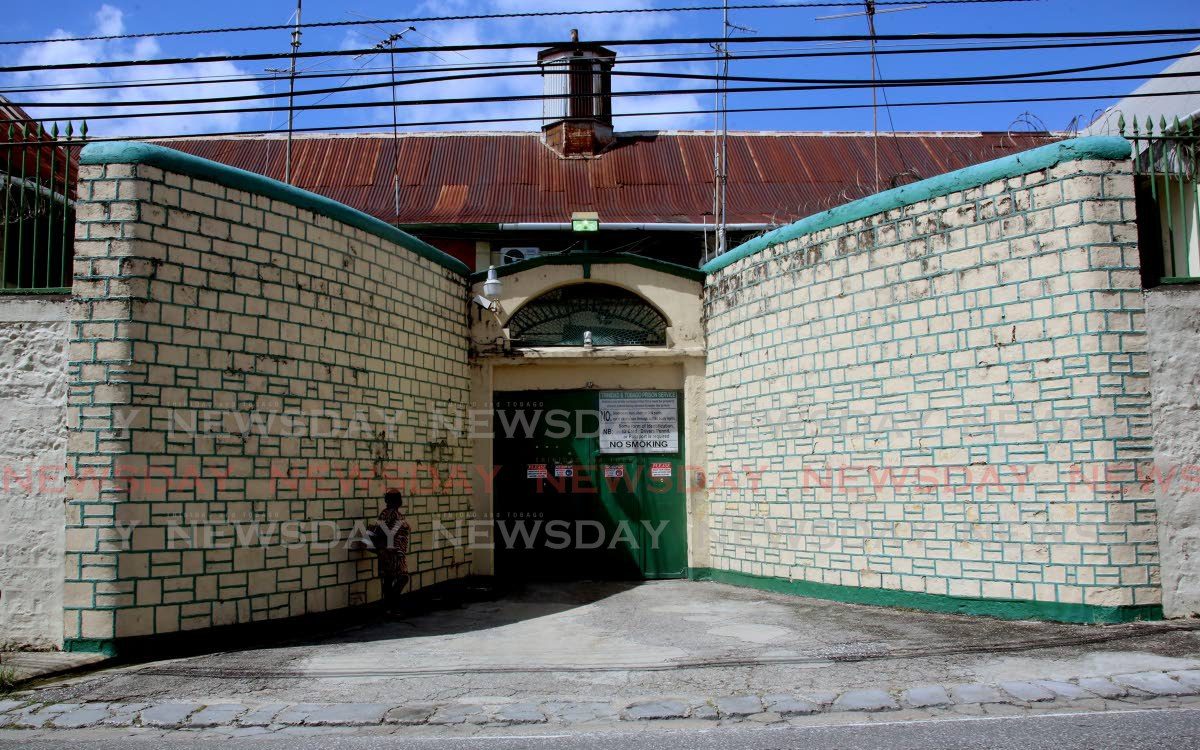The Port of Spain Prison has long been labeled as a ‘university of crime,’ but a groundbreaking new initiative seeks to redefine its role in society. The recently unveiled prison plan envisions transforming correctional facilities into campuses for human development, where inmates can access rehabilitative and restorative programs. This transformative approach aims to reduce recidivism, lower prison populations, and foster societal reintegration. Central to this plan is the empowerment of prison officers, who will evolve into professional human development agents, gaining greater respect and job satisfaction in their roles. The initiative emphasizes maintaining family ties, equipping inmates with income-earning skills, and facilitating job placements post-release. Education, school policing, and efforts to curb narco-trafficking are also prioritized to redirect young people away from illegal activities and into legal networks. Drawing inspiration from the Abdullah Report (1980) and the Penal Reform and Prison Transformation Reports in Trinidad and Tobago (2003), this project aspires to redefine justice based on the lived experiences of those most affected by the system. Catherine Ali, in her letter to the editor, highlights the potential for this initiative to create a ripple effect across the Caribbean, the Commonwealth, and globally. Thousands eagerly anticipate the launch of this creative justice project, which could mark a historic first in defining justice from the perspective of the marginalized.
